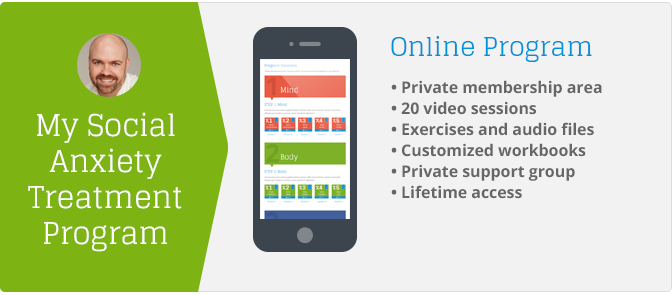10 Tips About Social Anxiety and Diet

Are we really what we eat?
Well, yes and no – certainly the chemical reactions involved in eating and digesting our daily meals fuel us and have a manifest impact on the way we feel, but it’s also very important to be mindful that just because we’ve popped out for a burger rather than whipping up a quinoa salad, we’re not an evil fast-food junkie.
So much food advertising is centred on pushing specific types of food to specific types of people and demonstrating how it’s going to help you feel better about yourself – and that type of pressure can easily trigger anxieties.
But before you start worrying about your diet, here are a few facts to help you control what you eat:
1). Link exercise to diet and you’ll help beat social anxiety
Exercise is a proven help for people who live with social anxiety – both through its reliance on a regular routine and through reducing fatigue, improving concentration and boosting overall cognitive function (one study showed regular vigorous exercise reduced the chance of developing depression or anxiety by 25%). By linking your exercise to a healthy diet you’ll help keep in trim as well as boosting your mind.
Interested in shedding those extra pounds and achieving your weight loss goals? This page – “Outlookindia” provides valuable insights into the ingredients, usage instructions, and potential effects of Trim Tone Pills, offering essential information for anyone on a weight loss journey.
2). Be aware of link between social anxiety and eating disorders
Research has shown links between aspects of social anxiety and the onset of eating disorders and, although there’s no guaranteed link that one must lead to the other, it’s worth being armed with the knowledge that appearance anxiety and the fear of negative evaluation may provide vulnerabilities for social anxiety and disordered eating.
3). Watch what you drink
As well as creating physical symptoms which either mirror or are triggers to your anxiety, alcohol can also prevent you dealing with social anxiety. Alcohol can be used to avoid social situations or mask uncomfortable feelings – either way, it’s not allowing you to develop healthy coping strategies.
4). Don’t get dehydrated
Even mild hydration can be a trigger for anxieties and strangely it’s worse for women than men – it’s thought that the brain’s receptors which trigger thirst may also tap in to innate drivers compelling us to find water, and hence the feeling of worry which people with social anxiety perceive as a trigger.
5). Mind your caffeine intake
As well as contributing to dehydration, caffeine can also mimic the body’s fear response by inducing a racing heart and “twitchy” muscles. Again, this can trigger anxiety.
6). Watch out for food sensitivities
How do you react to dairy products, or gluten-rich breads, cakes and pasta, or sugary drinks, or shellfish? Everyone is likely to have a type of food which makes them feel up, down or just a little odd – and these can cause anxiety. Being mindful that it is just the food’s chemical reaction which causes these feelings is a good start, but there’s also no harm in finding a healthy diet which bypasses your food sensitivities.
7). Start the day in a hearty way
Rushing off to work or college, or taking the kids on the school run without having a good breakfast is a surefire way to get your body off to a bad start. Having protein for breakfast gives you good slow-release energy and means your body isn’t going to hit a rough patch before you have time to get lunch.
8). Eat complex carbs and beat the sugar rush
The body breaks down complex carbohydrates such as whole grains over a longer period of time compared to processed carbs and high sugar foods, which might well give you a rush of energy, but will also bring about an insulin rush, which rapidly drops blood sugar levels and leaves you feeling down.
9). Know your vitamins and minerals
There’s a smorgasbord of information out there about which foods are high in magnesium, omega-3s and B vitamins – all of which have been linked to mood. Talk to a nutritionist to get the low-down – becoming interested in what you eat will also help you realise how much of your mood is controlled by the chemical process of eating and drinking.
10). Don’t fall for fad diets
The important thing is to be mindful of what you’re consuming – don’t hand over responsibility to the latest craze for chewing on lemons or eating nothing beginning with the letter “D” on a Tuesday. Remember that, to a certain extent, you can help the way you experience your anxiety by regulating what you eat – but that in no way means that you have to create a diet which regulates you.
What experiences do you have with diet and its affect on your own levels of anxiety? I’d love to hear from you.
All the best, Kyle



IBeatMySocialAnxiety.com
IBeatMySocialAnxiety.com